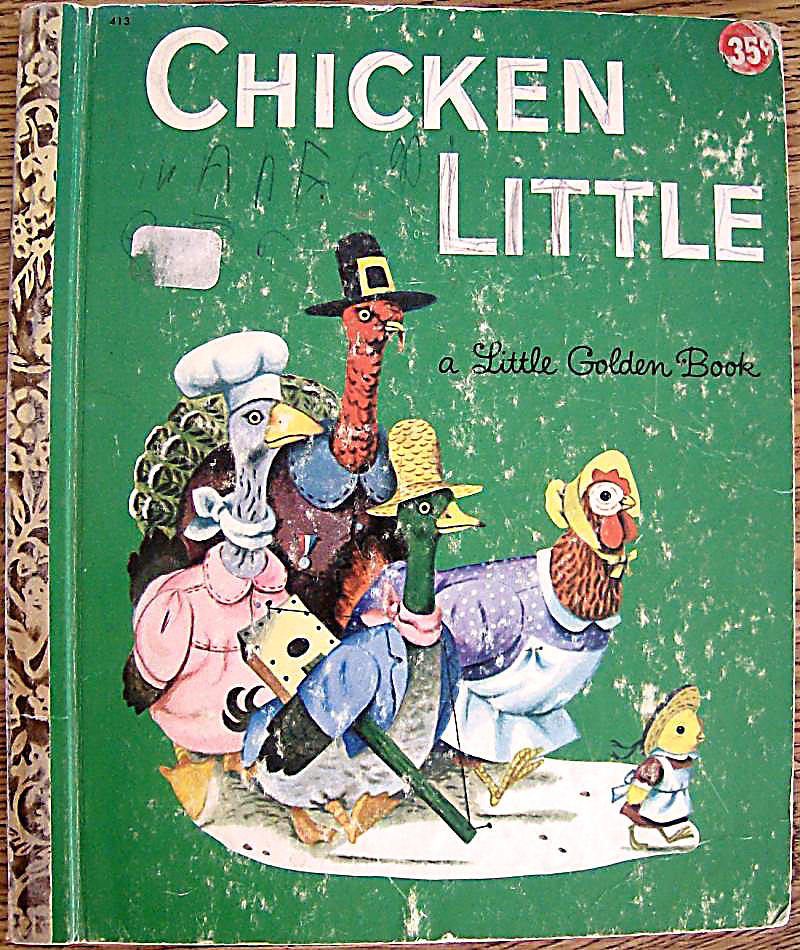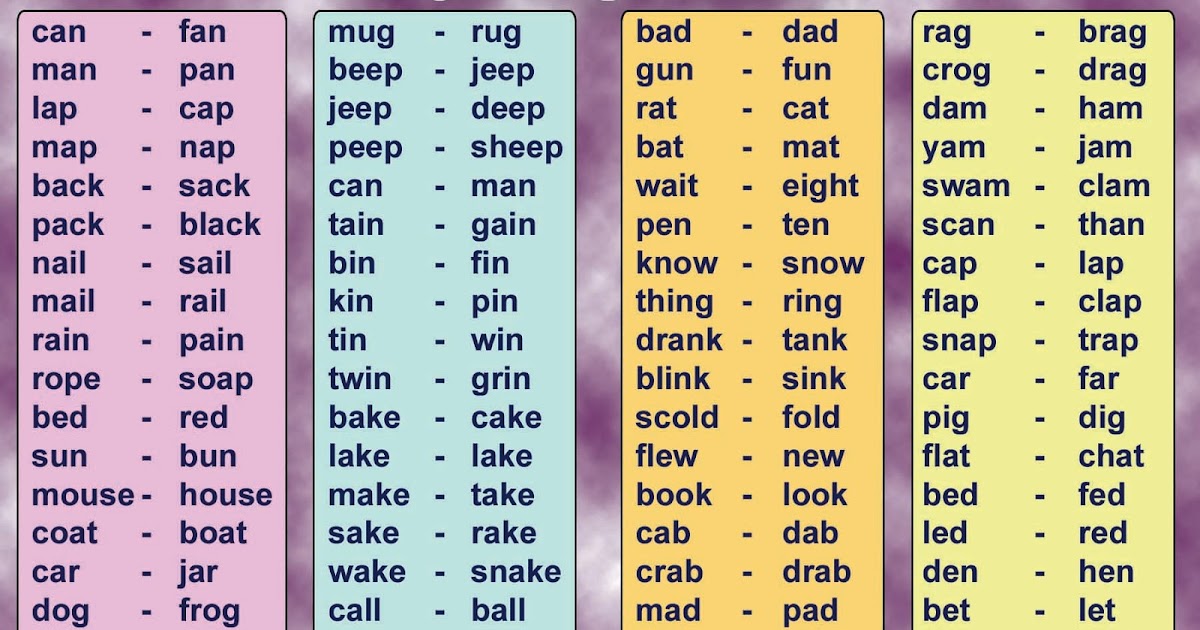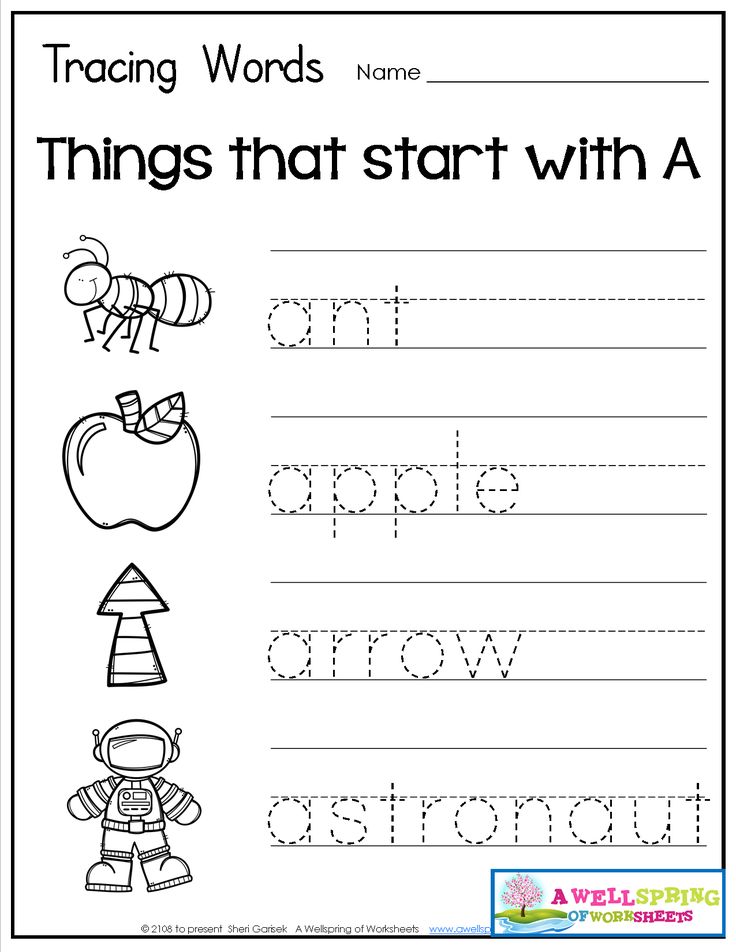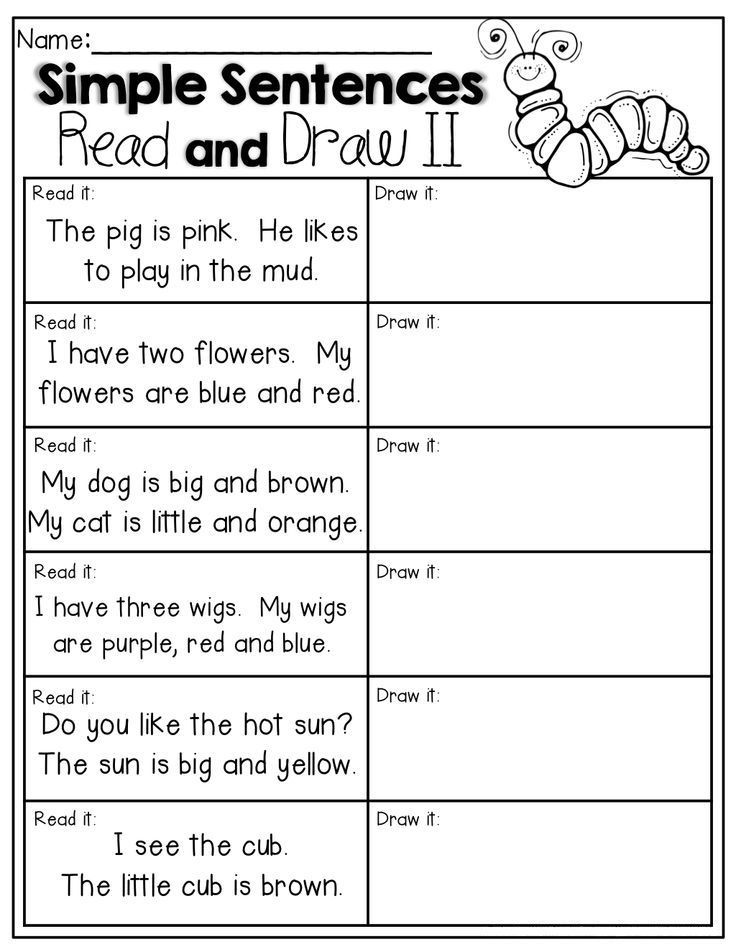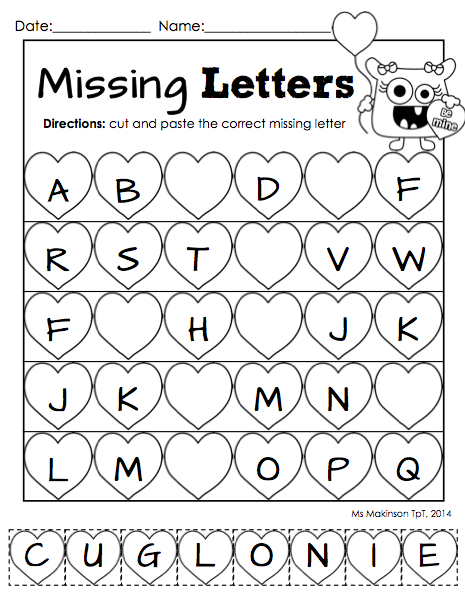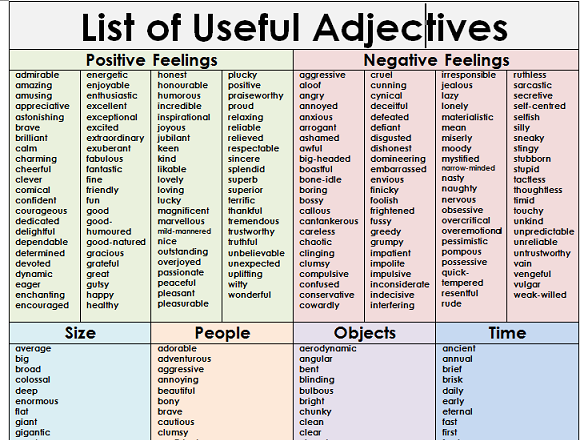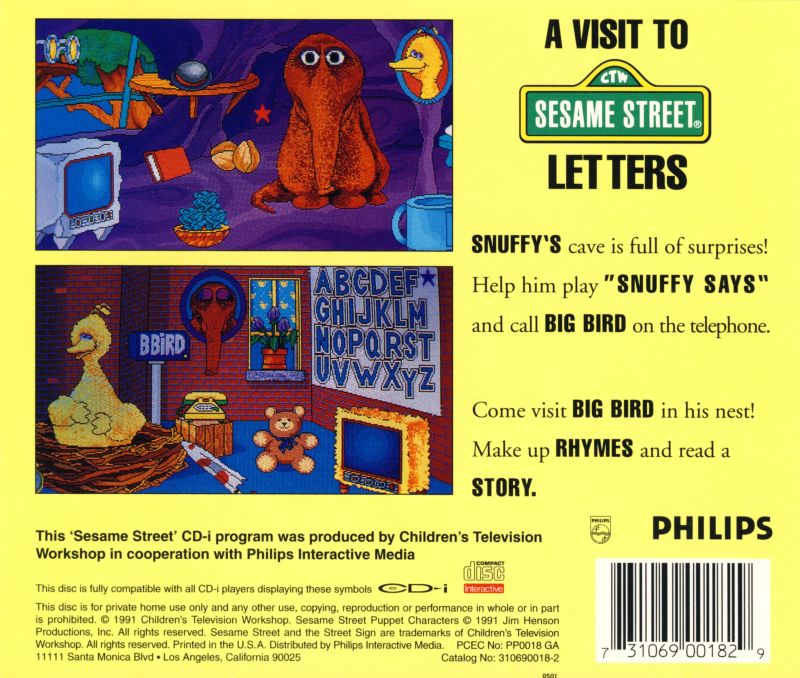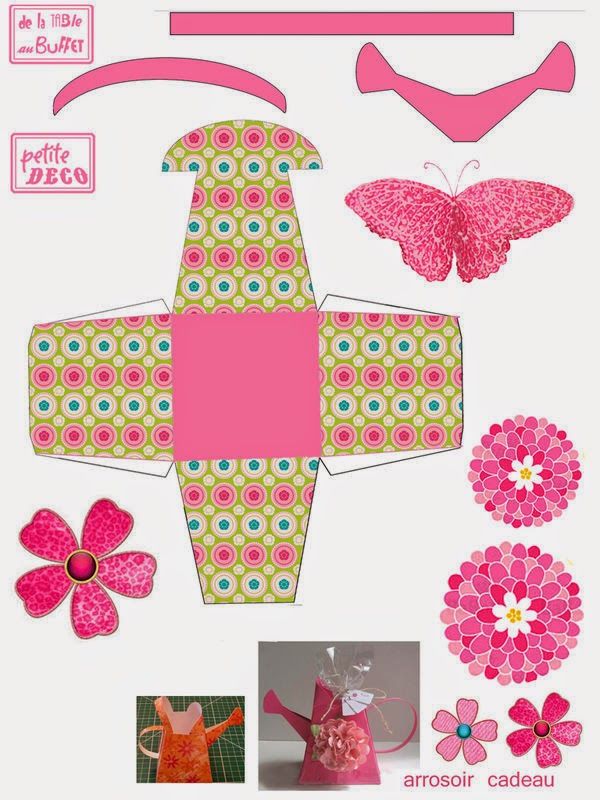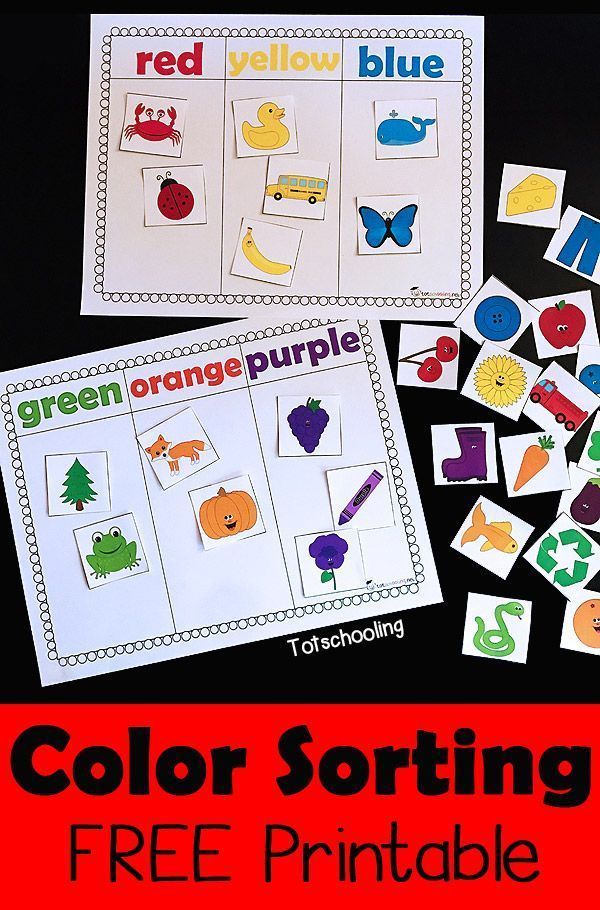Chicken little and the sky is falling
The Story of Chicken Little: The Sky is Falling
© Written by Tasha Guenther and illustrated by Leanne Guenther
Fairy tale based on the original story first collected by Danish librarian Just Mathias Thiele.
There was once a big farm near a vast field, and here there lived a hen named Penny. She was great friends with everyone, and those who knew her gave her many names.
She was a tiny hen. The other chickens in the yard would tease her for her size. They often termed her “Chicken Little.” While Penny surprisingly loved this name, her favorite thing to be called was “Henny-Penny,” given to her by the other fowls that lived nearby. The rhyme was perfect, it was sweet, and she liked it very much.
One morning, as Henny-Penny was plucking worms in the henyard, an acorn dropped from a tree right onto her head! She had no idea what had hit her, however, and so she started shouting:
“The sky is falling! The sky is falling!”
She ran around in circles for a while, calmed herself, and then got right to waddling—she had to alert the king!
She waddled and waddled and waddled until she found her excellent friend Rooster-Booster.
“What’s the matter, Henny-Penny?” he asked.
“Oh, Rooster-Booster, the sky is falling! The sky is falling! And we must alert the king!” she cried.
“Oh, we must, we must!” he cried back.
Henny-Penny and Rooster-Booster waddled and waddled and waddled until they saw their wonderful pal Ducky-Chucky.
Now, Ducky-Chucky was basking in the sun near the pond’s edge when he noticed the two chickens fast-approaching.
“Henny-Penny, Rooster-Booster: hello! Fine day, isn’t it?” Ducky-Chucky giggled and splashed into the water.
“Oh, Ducky-Chucky, the sky is falling! The sky is falling! And we must alert the king!” Henny-Penny exclaimed.
“Oh, we must, we must!” Rooster-Booster chimed in.
Ducky-Chucky bounded from the pond and joined his friends immediately. As he shook his little webbed feet free of water, he felt the warm sun dry them quickly and wondered how the sky could fall on a warm summer’s day such as this one.
He looked at the concern on his friends’ faces, nevertheless, and shrugged his wonders away.
Henny-Penny, Rooster-Booster, and Ducky-Chucky waddled and waddled and waddled until they met up with the brawny Goosie-Brucie floating with ease at the other end of the pond.
“Oh, Goosie-Brucie,” Henny-Penny began, “the sky is falling! The sky is falling! We must alert the king!”
“Oh, we must, we must!” Rooster-Booster chimed in.
Ducky-Chucky looked back up at the blazing sun and again wondered how the sky could fall on a warm summer’s day such as this one.
Goosie-Brucie wanted to protect his fowl friends, and he wanted to join them on their journey to the nearby palace, but he had a question about the sky above.
“Henny-Penny…” he started. “How do you know the sky is falling?”
“Well, it fell right on my head!” she answered.
Goosie-Brucie puffed his chest feathers instantly and moved right along, shrugging his question away.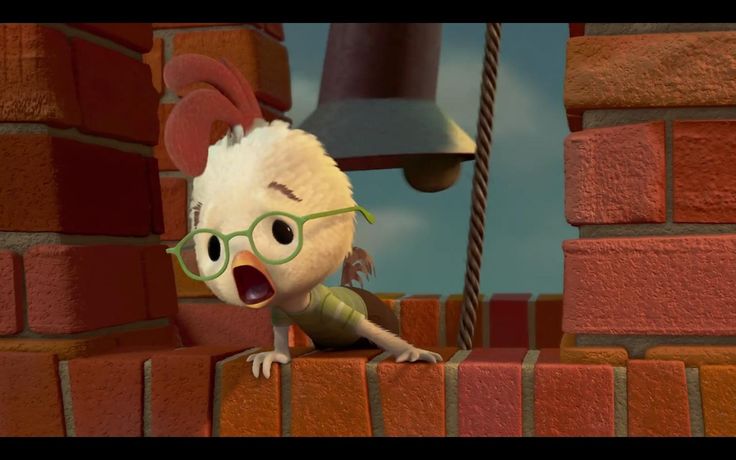
Henny-Penny, Rooster-Booster, Ducky-Chucky, and Goosie-Brucie waddled and waddled and waddled until they came to the farm fence. They noticed the eccentric Turkey-Perky pecking on the other side.
“Oh, Turkey-Perky, the sky is falling! The sky is falling! We must alert the king!” Henny-Penny squealed.
“Oh, we must, we must!” Rooster-Booster chimed in.
Again, Ducky-Chucky, now hot as ever and missing his pond, wondered how the sky could fall on a warm summer’s day such as this one.
Goosie-Brucie again asked aloud, “How do we know the sky is falling?”
“It fell right on my head, I say, I say!” Henny-Penny shouted in desperation.
Now, Turkey-Perky stopped pecking and turned to the group:
“Rooster-Booster, did you see the sky fall?”
“No, I did not,” the rooster replied quietly.
“And, Ducky-Chucky, you look strained: how are you feeling?” Turkey-Perky asked.
“Well, I am concerned, I am hot, and I wonder how the sky could be falling on such a beautiful day,” he replied.
“And Goosie-Brucie,” Turkey-Perky turned to the burly bird, “You do not see any sky falling, do you?”
“No, I do not,” the goose responded.
“Ha-ha! Well, then, I will come with you on your merry way, but we’ve all got some doubts, Penny!” the turkey said with glee. He was interested to see where this adventure would go.
Henny-Penny, Rooster-Booster, Ducky-Chucky, Goosie-Brucie, and Turkey-Perky waddled and waddled and waddled until they could see the palace just beyond the farmer’s field.
As they waddled over the last hill of the vast field, they saw a flash of reddish-brown before them. It was Mr. Fox!
None of the fowl friends had met this sly creature before, but they had heard rumors of his trickery and appetite. Henny-Penny and Rooster-Booster were oblivious, though, and desperate to keep moving.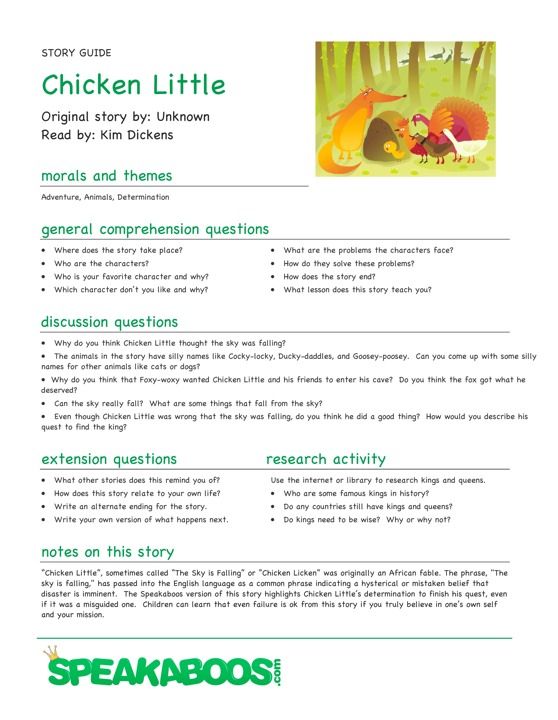 Ducky-Chucky suddenly shivered, forgetting the day’s heat, while Goosie-Brucie’s chest became even puffier; Turkey-Perky just stopped and smiled.
Ducky-Chucky suddenly shivered, forgetting the day’s heat, while Goosie-Brucie’s chest became even puffier; Turkey-Perky just stopped and smiled.
“Hello, hello, hello,” cooed the fox.
“Oh, Mr. Fox, the sky is falling! The sky is falling! We must alert the king!” Henny-Penny shouted.
“Oh, we must, we must!” Rooster-Booster chimed in. But the other birds stayed silent.
“Ah, yes, the sky is falling! And I know where the king is!” replied a delighted Mr. Fox. He licked his lips and gestured the birds to follow him past a large tree and back over the hill.
Henny-Penny and Rooster-Booster began to waddle and waddle and waddle in the direction of Mr. Fox. Turkey-Perky whispered something to Ducky-Chucky and Goosie-Brucie, and then the three waddled closely behind the rest.
As Mr. Fox led Henny-Penny and Rooster-Booster into a hole in the hill just under the tree, Ducky-Chucky bounded into action. There was a small patch of water beside the opening, and the duck giggled with delight as he splashed his feet loudly.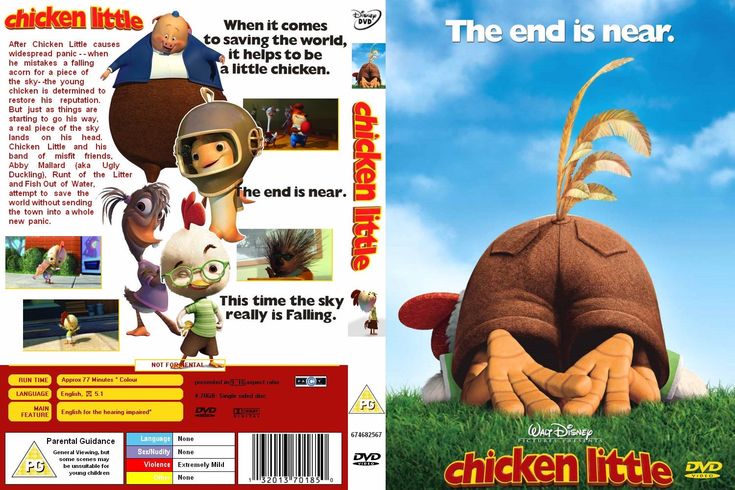
Rooster-Booster and Mr. Fox re-emerged from the hole, suddenly distracted by all the quacking and splashing. Goosie-Brucie looked at Turkey-Perky, who gave him the signal, and stood right under the tree over the hole. The goose puffed his chest out as hard as he could muster and bumped the trunk, causing the tree to shake. Several acorns fell, covering the hole and hitting Mr. Fox, knocking him out cold. Turkey-Perky pecked and pecked and pecked up the acorns until there was just enough room for the tiny hen to escape out of the hole. “Chicken Little” indeed! By now, she had seen the acorns collapse and knew what had fallen on her head earlier.
Henny-Penny, Rooster-Booster, Ducky-Chucky, Goosie-Brucie, and Turkey-Perky waddled and waddled and waddled back home to safety. Henny-Penny hugged her fowl friends and kissed Turkey-Perky on the cheek, grateful that the fox had not eaten them—and that the world was not ending! Instead, they all lived happily ever after.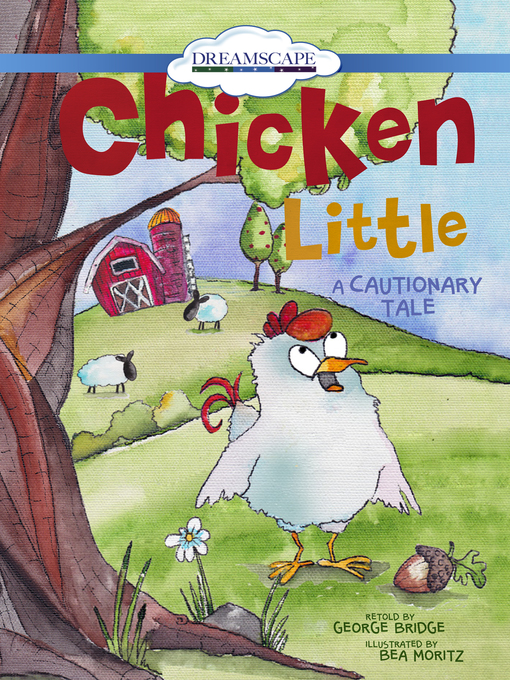
Printable version of this story
My name is Tasha Guenther. I currently live in Hamilton, Ontario, Canada, while I finish my Ph.D. in Cultural Studies with a concentration in digital cultures at McMaster University. I am an avid academic essay/book chapter writer, but I also enjoy writing short stories and non-fiction pieces. You can read more of my DLTKsCrafts work here!
Alongside my learning, studying, and thinking about digital platforms and critical theory, I appreciate long conversations with close friends, reading poetry, and taking photos of my cat. Learn more about me here or connect with me on my Instagram, Twitter, VSCO, and Facebook accounts.
The Sky Is Falling! Maybe! “Henny Penny” or “Chicken Little”
The story of Henny Penny, also called Chicken Little, or sometimes Chicken-licken (not to be confused with “Finger-licken” from Kentucky Fried Chicken), the terrified little chicken convinced that the sky is falling and that life as we, or at least as chickens know it, is over, is common throughout European folklore—so common that “the sky is falling!” and “Chicken Little” and related names have become bywords for fearmongering, and the often tragic results that occur.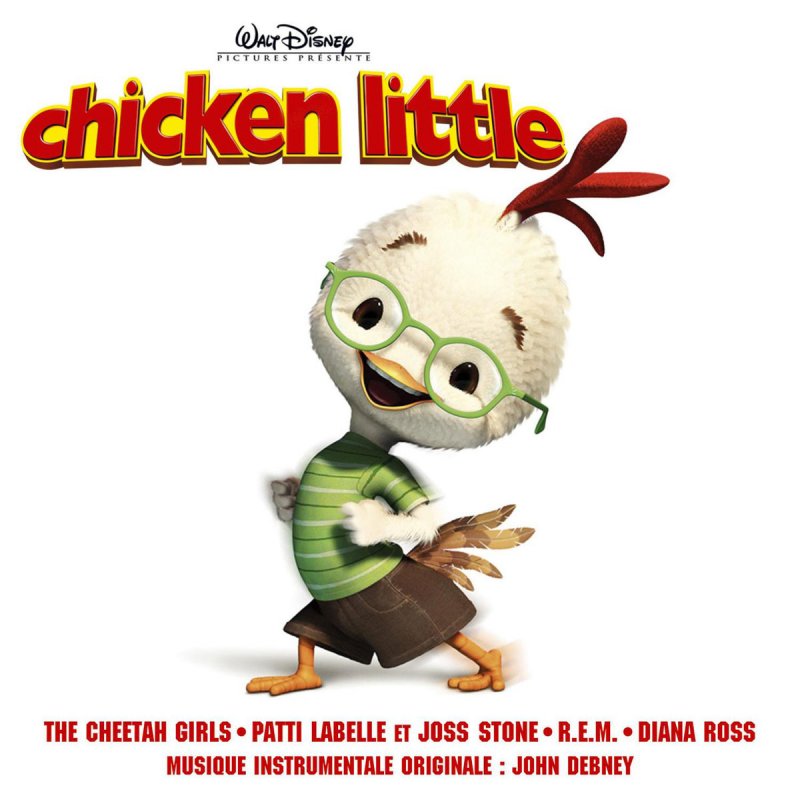
Exactly where the first version of the story was told is a bit unclear, but one of the first to record the tale was Just Mathias Thiele (1795–1874), a Danish scholar employed at the Royal Danish Library. Inspired by Jacob and William Grimm, he began collecting Danish folktales, publishing his first collection in 1818. The collections proved to be so influential that Hans Christian Anderson would later dedicate a story to Thiele’s daughter. His version of Henny Penny appeared in his 1823 collection, with the familiar elements already present: rhyming names, a series of barn animals, a terror set off by something completely ordinary (in this case, a falling nut) and a very hungry fox more than willing to take advantage of the situation.
That version was not, however, translated into English until 1853. Before that, young American readers had access only to a slightly different version written and published by John Green Chandler. Trained as a wood engraver, he eventually became a lithographer and illustrator who ended up specializing in simple and elaborate paper dolls.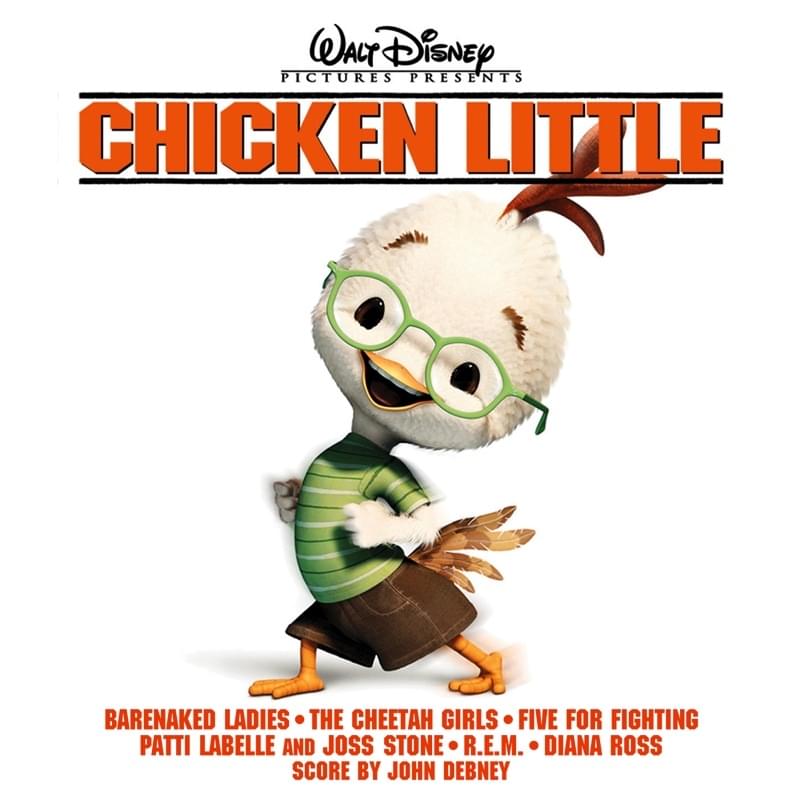 In 1839, he set up a small printing business in Roxbury, Massachusetts. Possibly to help advertise his new business (my speculation), or possibly to help raise funds for Boston’s Bunker Hill Monument (slightly more historical speculation) or both, in 1840 his press printed a small pamphlet, The Remarkable Story of Chicken Little, featuring his texts and illustrations, available for a few cents. More recently, an internet auction sold a rare original copy for $650.
In 1839, he set up a small printing business in Roxbury, Massachusetts. Possibly to help advertise his new business (my speculation), or possibly to help raise funds for Boston’s Bunker Hill Monument (slightly more historical speculation) or both, in 1840 his press printed a small pamphlet, The Remarkable Story of Chicken Little, featuring his texts and illustrations, available for a few cents. More recently, an internet auction sold a rare original copy for $650.
Chandler’s version is delightfully simple, if not always that grammatically correct—the story arbitrarily switches between past and present tense, for instance, sometimes in the same sentence. And I am more than a little concerned that what Chandler originally describes as something that “disturbed a whole neighborhood” turns out to be the savage murder of Turkey Lurkey, Goose Loose, Duck Luck, Hen Pen, and Chicken Little, like, ok, Chandler, granted this all turned out well for the Fox, who got to eat all of his neighbors, but the sudden death of no less than five animals, all friends, cannot be called a mere “disturbance,” as you put it.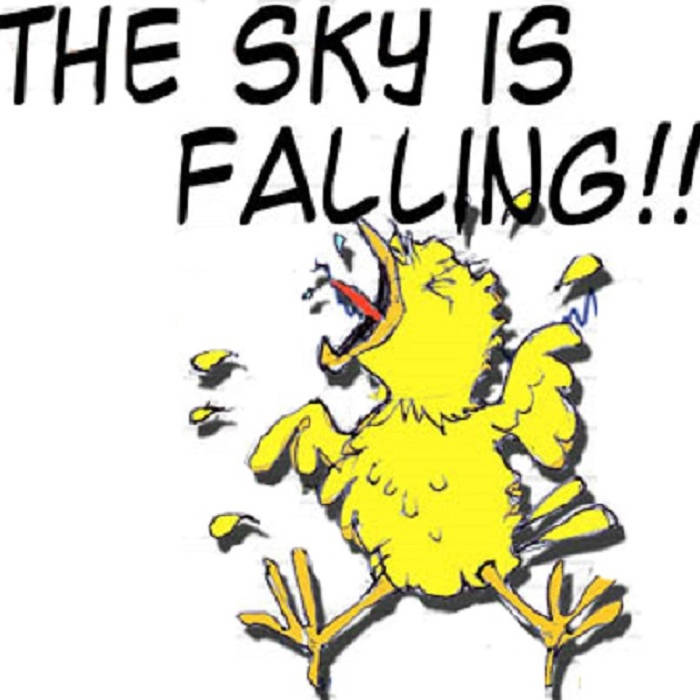
John Green Chandler’s The Remarkable Story of Chicken Little
Despite these issues, The Remarkable Story of Chicken Little caught the attention of Sarah Josepha Hale. Chandler could not have found a better publicist. These days, Hale is mostly remembered for writing “Mary Had a Little Lamb” and establishing Thanksgiving, but in her day, Hale also worked as a novelist and as the editor of influential journals focused on women, including Ladies Magazine (1828-1836) and the extremely popular Godey’s Lady’s Book (1837-1877). She had also published a successful book of children’s poetry, and was thus regarded as a reliable judge of “suitable” children’s books.
Her approval led Chandler to print out several new editions, all snatched up by young readers. His version became so popular that it may have led to the increased use of “Chicken Little” in 19th century newspapers to describe scaremongers, although it’s also possible that the journalists using the term were thinking of an earlier oral version.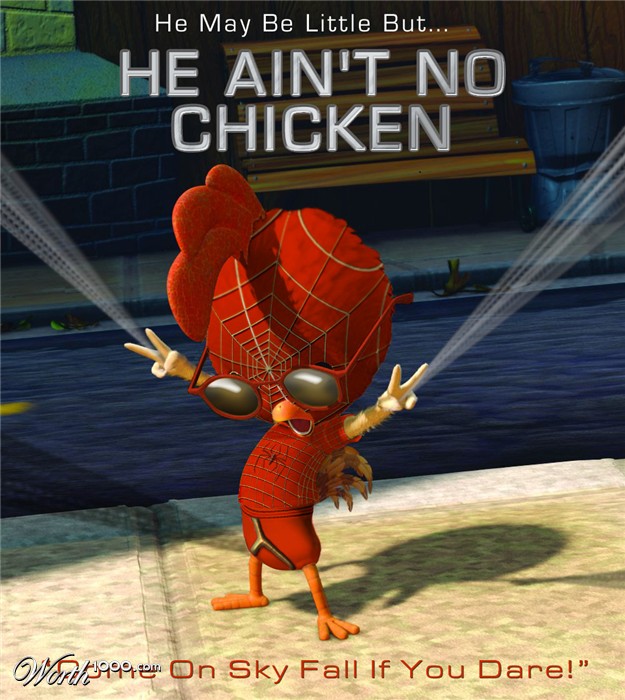 His daughter, Alice Green Chandler, left his papers and the remaining paper dolls and books to her cousin Herbert Hosmer, who had a serious obsession with toys, later founding a small museum dedicated to antique toys and children’s books. Hosmer was mostly interested in the paper dolls, but was also impressed by Chandler’s version of the Chicken Little story, eventually publishing—at his own expense—two versions of Chandler’s tale in 1940 and 1952, and his own poetic version in 1990.
His daughter, Alice Green Chandler, left his papers and the remaining paper dolls and books to her cousin Herbert Hosmer, who had a serious obsession with toys, later founding a small museum dedicated to antique toys and children’s books. Hosmer was mostly interested in the paper dolls, but was also impressed by Chandler’s version of the Chicken Little story, eventually publishing—at his own expense—two versions of Chandler’s tale in 1940 and 1952, and his own poetic version in 1990.
Chandler’s success inspired several other American writers to publish versions of the story throughout the 19th and early 20th century, nearly all sticking with the original rather grim ending. But if 19th century children loved that sort of thing, mid 20th century publishers were less enthralled, and began switching to versions that tweaked the ending—and by tweaked, I mean completely changed. Instead of getting gobbled up by a fox, the foolish characters instead manage to reach a king, who assures them that the only thing that falls from the sky is rain.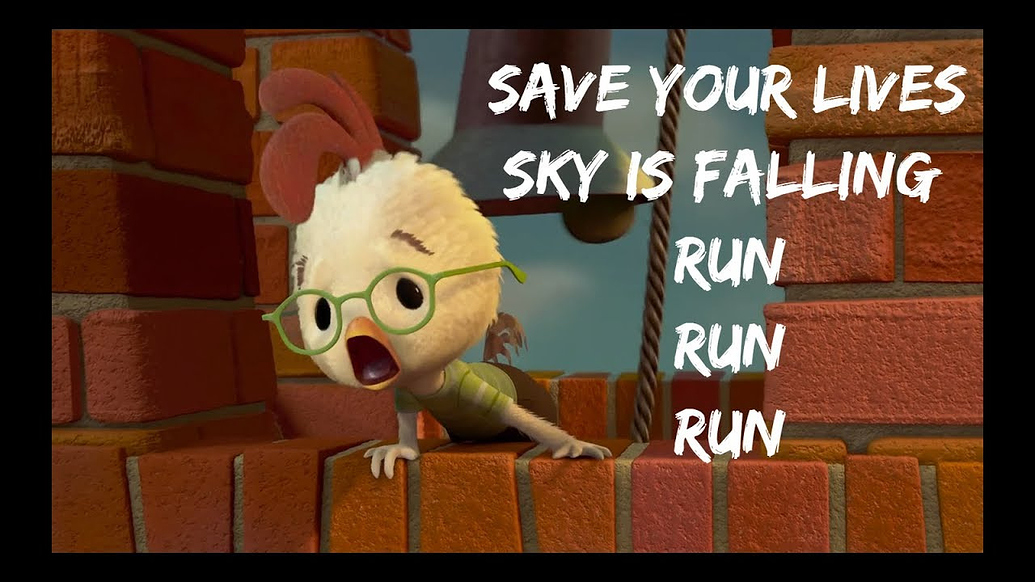
This is the version I first encountered, when I was about three. I didn’t like it then, and not just because The Cat in the Hat and Green Eggs and Ham were obviously better books. And I’m not fond of it now. I’m all for reassuring young children, but this altered ending just doesn’t work for me—perhaps because I find it difficult to believe that animals terrified that the sky is falling will believe any leader, even a king, who tells them the opposite, or perhaps because I am all too aware that lots of things other than rain can fall from the sky—meteors, volcanic ash, debris from falling satellites—that sort of thing. Oh, sure, that might be rare, but it happens. Or perhaps because I’m feeling somewhat uncomfortable with the basic setup here, where the silly animals get reassured by a (usually) human king; this might work better if the reassurance came from a cow. Even a kingly cow.
And if the original story, where the animals all end up mostly dead, seems a bit, well, harsh for a simple freakout over an acorn, or a rose petal, or any other small thing that just happens to fall on the head of a chicken—removing that harshness also removes the impact of the tale’s two main messages: first, not to overreact to small things, or blow them out of proportion, and second, not to believe everything that you’re told.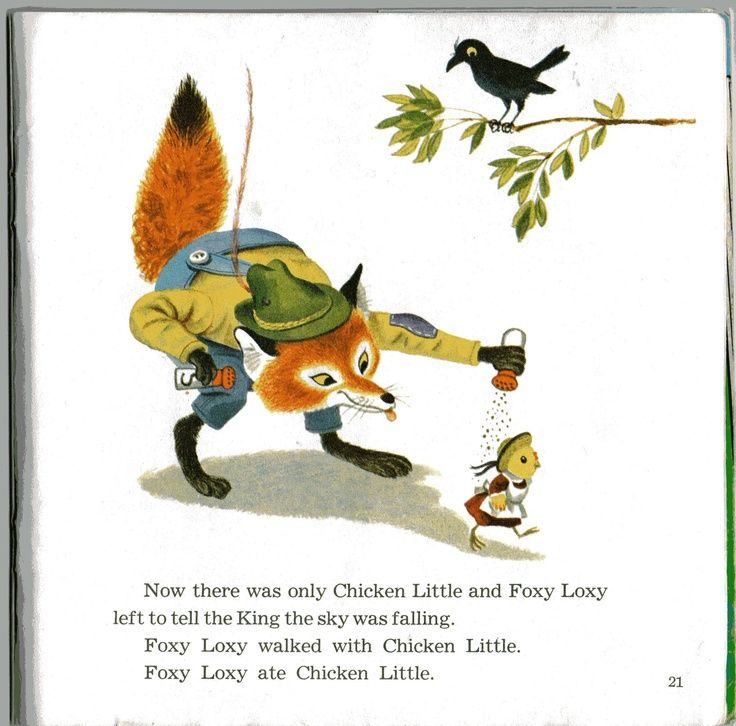 After all, in the revised version, nothing much happens to Chicken Little and her friends, apart from a brief scare, and the chance to meet and chat with an actual king. Arguably, having to reassure them even means that he suffers more than they do, though I suppose it can also be argued that reassuring chickens is sort of his job. In the older version, Chicken Little and her followers face the real danger—and consequences—of their credulity.
After all, in the revised version, nothing much happens to Chicken Little and her friends, apart from a brief scare, and the chance to meet and chat with an actual king. Arguably, having to reassure them even means that he suffers more than they do, though I suppose it can also be argued that reassuring chickens is sort of his job. In the older version, Chicken Little and her followers face the real danger—and consequences—of their credulity.
That danger was the message that Disney chose to focus on in its first attempt to bring the story to the screen, the 1943 short Chicken Little, which served as a none too subtle warning to viewers to be wary of propaganda, specifically, propaganda from the Nazi party. Produced in the middle of a war, the short had what was easily one of the darkest endings of any Disney production, and certainly one of the highest death counts, and remains one of the few animated works from any Hollywood studio that includes direct quotes from Mein Kampf. A rough transfer is up on YouTube. If you can find it, I recommend the cleaner transfer available on the Walt Disney Treasures—On the Front Lines DVD, released in 2004, or on the Walt Disney Treasures—Disney Rarities—Celebrated Shorts 1920s -1960s DVD, released in 2005. Or just wait until Disney releases the short again.
A rough transfer is up on YouTube. If you can find it, I recommend the cleaner transfer available on the Walt Disney Treasures—On the Front Lines DVD, released in 2004, or on the Walt Disney Treasures—Disney Rarities—Celebrated Shorts 1920s -1960s DVD, released in 2005. Or just wait until Disney releases the short again.
By 2005, however, Disney Animation feared not Nazis, but a computer animation company called Pixar. Their take on the tale, therefore, was to be quite different.
Mari Ness lives in central Florida.
citation
Chicken Licken | English
A simple adapted fairy tale (Level 0).
A fairy tale about a chicken on whose head a nut fell. Frightened that the sky is falling, he runs and tells everyone he meets this terrible news.
Chicken Licken (Part 1)
Chicken-Licken (Part 1) [Download]

